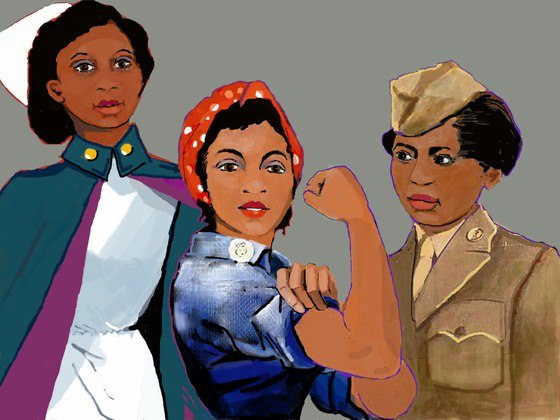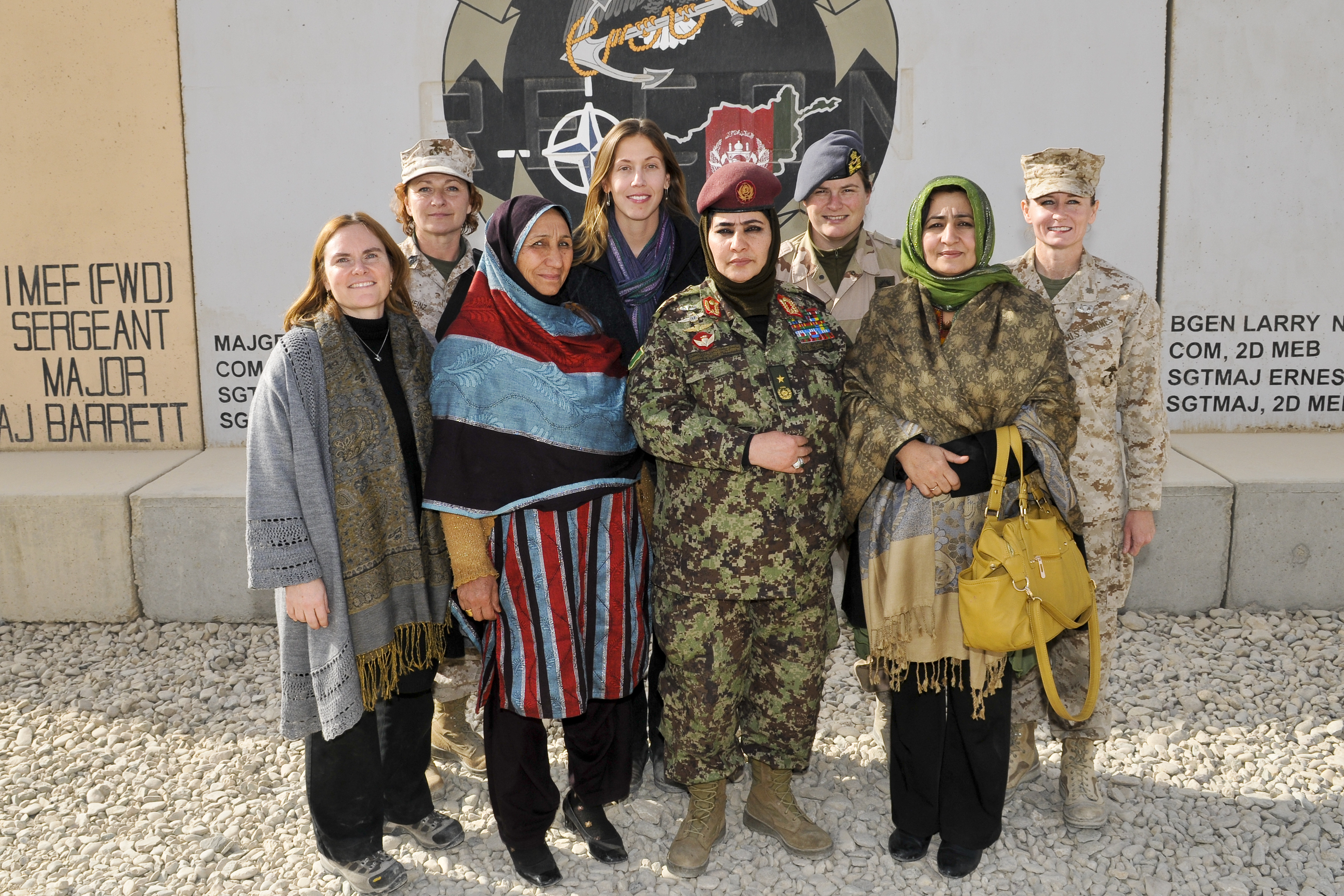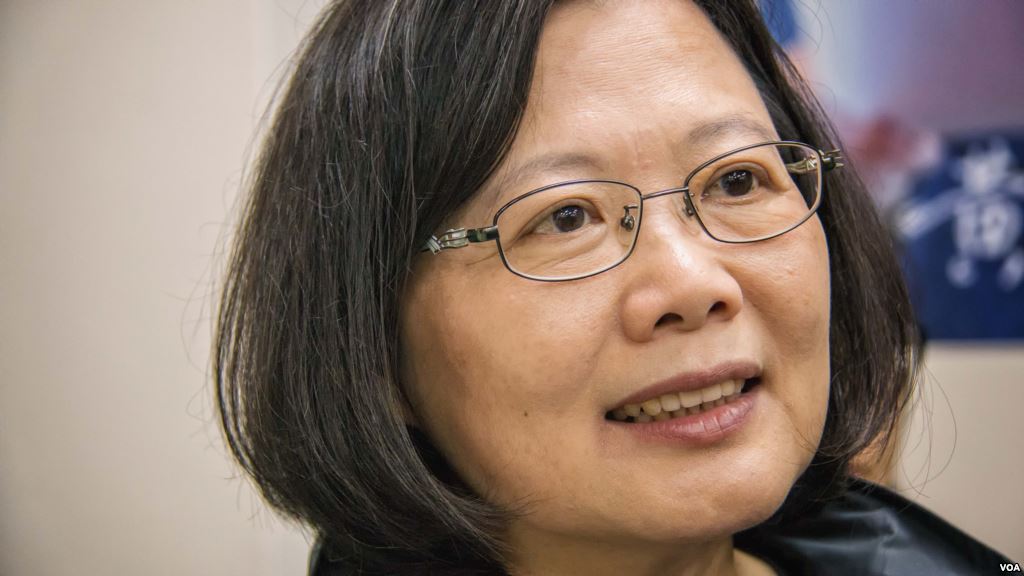In an article published in 2010 in the Journal of Experimental Social Psychology, a study was conducted in North America on the “social invisibility” of black women. The researchers wanted to determine whether black women were more likely to go unnoticed in a crowd and how well black women’s faces are remembered. The study found that black women are more likely than black men, white men, and white women to go unobserved by others in a group or social situation. The researchers suggested that this disregard contributes to the double marginalization of black women based on both race and gender. The researchers also concluded that black women “don’t fit the prototypical image of a stereotype target,” and that this becomes a problem for broad-based discussions of gender equality; the assumption is that ‘women’ always means ‘white women.’ Linking this problem to NATO initiatives concerning women and security, this article suggests that increasing the representation of women of colour in NATO member countries can help address issues of structural inequality.
Influential Black Women in Politics [captionpix align=”left” theme=”elegant” width=”300″ imgsrc=”http://natoassociation.ca/wp-content/uploads/2014/02/Michelle-Jean.jpg” captiontext=”Michelle Jean”]
Canada’s 27th Governor General was Michelle Jean. Jean was one of the three women to hold this position, as well as the first women of Caribbean descent. During her career as the Governor General, Jean made prominent and influential decisions. For example, during the 2008 political crisis in Ottawa, when opposition parties were threatening to defeat Stephen Harper’s minority government and replace it with their own coalition, Harper set up a meeting with Jean to request her to discontinue Parliament for the time-being. Jean agreed to prorogue before the opposition could pass a non-confidence motion. The fact that such an important decision was made by a woman of colour suggests the kind of power available to women in the political sphere.
During her installation speech, Jean said “I know how precious that freedom is.. I whose ancestors were slaves who were born into a civilization long reduced to whispers and cries and pain, know something about its price.” Jean’s experience reminds us that Black women in the western world need not be seen as victims, but are agents of change, active and influential members of the political community.
On 27 April 2013 in Italy, Minister Cecile Kyenge was appointed as integration minster by PM Enrico Letta. Kyenge is an Italian citizen who originates from the Democratic Republic of Congo, and she is the country’s first black minister. At the start of her career as integration minister she was faced with discriminatory criticism that rested on both racial and gender prejudice. Mario Burghezio, a European Parliament member for the Northern League, was quoted as saying that “Kyenge would make a good home-wife not a minister;” worse, he claimed that Kyenge would impose “tribal conditions” on Italy and help form a “bongo-bongo administration.”
[captionpix align=”left” theme=”elegant” width=”300″ imgsrc=”http://natoassociation.ca/wp-content/uploads/2014/02/126895758__408576c.jpg” captiontext=”Cecile Kyenge”]
Burghezio’s comments exemplify the ways in which black women face unfair discrimination. His comments overlook the fact that while in power, Kyenge addressed issues that were of serious consequence for Italian women. For instance, one of Kyenge’s goals for legislation was to allow children born in Italy to immigrant parents to be given automatic citizenship (rather than applying at the age of 18). Kyenge brings a more nuanced and inclusionary idea of nationalism to her politics, advancing the rights of both immigrants and their children. Undoubtedly, her experiences as a woman of colour bring important ethical insights into Italy’s legislative practices.
In spite of the structural issues faced by black women (as noted by the study mentioned at the outset of this piece), both Michelle Jean and Cecile Kyenge demonstrate that black women can stand out and be noticed. Both women contribute to society based on their experiences of race and gender and as individuals. Canada and Italy are both founding members of NATO, and both have taken the important step of bringing women into prominent political roles. Despite the recent progress, there is still more work to be done. Thus, these two NATO members have brought us closer to achieving forms of race and gender equality, no doubt important goals for any nation.




